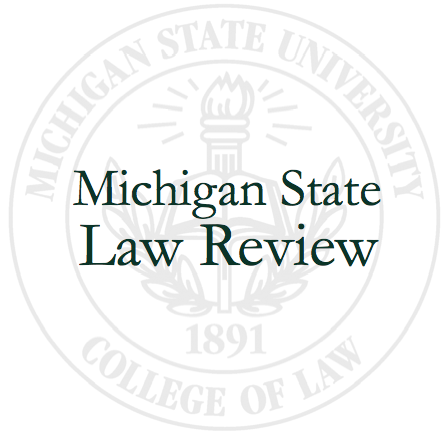2019 Visionary Scholar
“The Incomparable Chief Justiceship of William Howard Taft”
Robert Post
Robert Post is a Sterling Professor of Law at Yale Law School. He served as the School's 16th dean from 2009 until 2017. Before coming to Yale, he taught at the University of California at Berkeley School of Law.
Post specializes in constitutional law, with a particular emphasis on the First Amendment. He is also a legal historian who is currently writing Volume X of the Oliver Wendell Holmes Devise History of the Supreme Court of the United States, which will cover the period 1921-30 when William Howard Taft was Chief Justice. Post has written and edited numerous books, including Citizens Divided: A Constitutional Theory of Campaign Finance Reform (2014), which was originally delivered as the Tanner Lectures at Harvard in 2013; Democracy, Expertise, Academic Freedom: A First Amendment Jurisprudence for the Modern State (2012), which was originally delivered as the Rosenthal Lectures at Northwestern University; For the Common Good: Principles of American Academic Freedom (with Matthew M. Finkin, 2009), which has become the standard reference for the meaning of academic freedom in the United States; and Prejudicial Appearances: The Logic of American Antidiscrimination Law (2001), which was original delivered as the Brennan Lectures at Berkeley.
Post publishes regularly in legal journals and other publications; exemplary articles and chapters include “Data Privacy and Dignitary Privacy: Google Spain, The Right to be Forgotten, and the Construction of the Public Sphere” (Duke Law Journal, 2018); “The Politics of Religion: Democracy and the Conscience Wars,” in The Conscience Wars: Rethinking the Balance between Religion, Identity, and Equality (Susanna Mancini and Michel Rosenfeld, eds., Cambridge University Press 2018); “Theorizing Disagreement: Reconceiving the Relationship Between Law and Politics” (California Law Review, 2010); “Roe Rage: Democratic Constitutionalism and Backlash” (with Reva Siegel, Harvard Civil-Rights Civil-Liberties Law Review, 2007); “Federalism, Positive Law, and the Emergence of the American Administrative State: Prohibition in the Taft Court Era” (William & Mary Law Review, 2006); “Foreword: Fashioning the Legal Constitution: Culture, Courts, and Law” (Harvard Law Review, 2003); and “Subsidized Speech” (Yale Law Journal, 1996).
Post is a member of the American Law Institute and a fellow of both the American Philosophical Society and the American Academy of Arts and Sciences.

